Israel’s Airstrikes on Doha, Qatar: Why the World is Shocked and What It Means for Global Politics
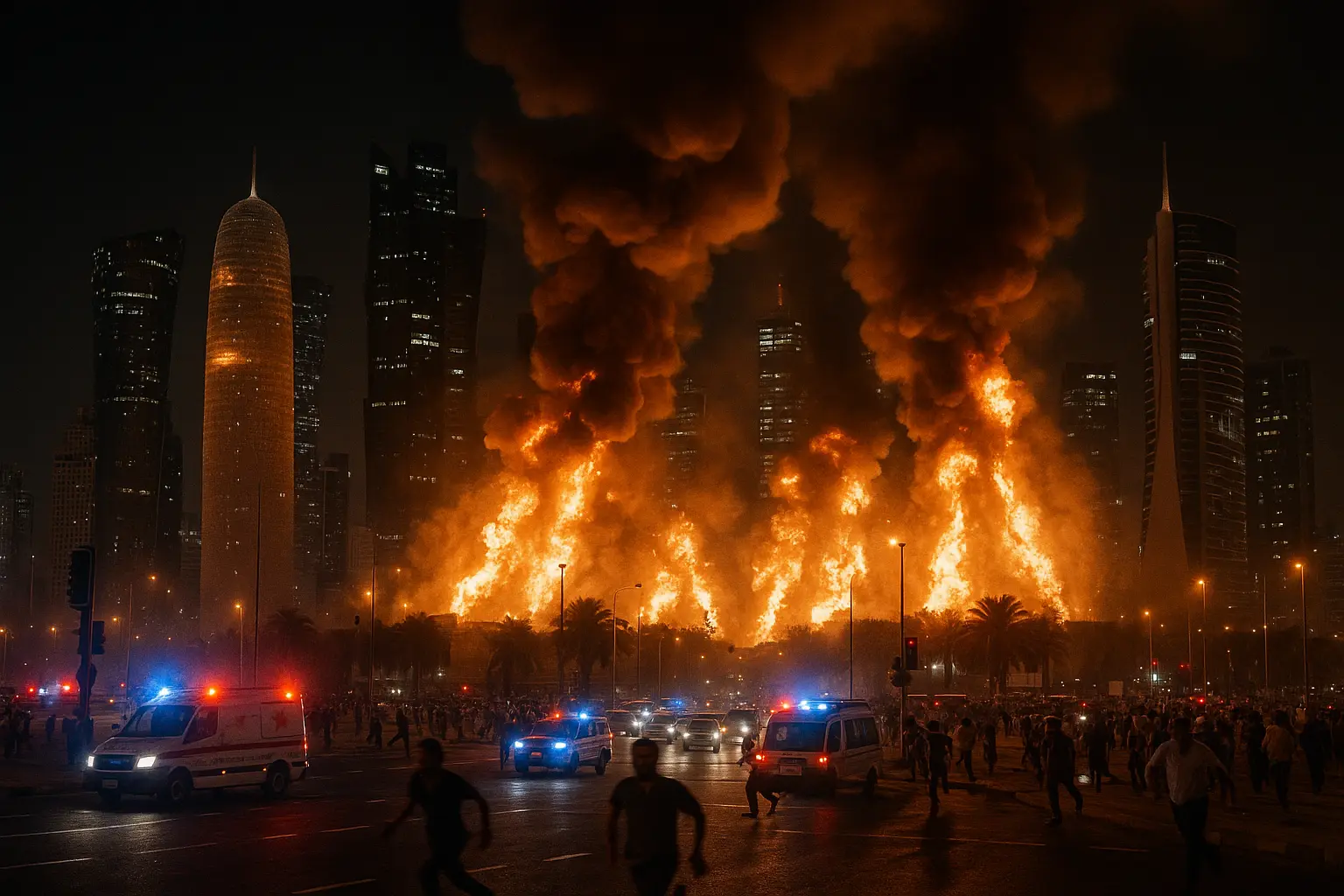
The world woke up to shocking news—Israel’s Air Force has bombed 12 locations in Doha, Qatar. For the first time in history, Israel directly targeted the capital of a Gulf nation known for its global influence, sports diplomacy, and economic power. Doha, famous for hosting the FIFA World Cup, is home to millions of expatriates and global businesses. This strike is not just another military move—it shakes the foundations of trust in U.S. security guarantees and raises urgent questions about the future of Middle East geopolitics.
Why Doha Was Targeted
Israel claims the strikes were aimed at Hamas leaders allegedly operating from Doha. Since the 1990s, Qatar positioned itself as a mediator in global conflicts—from Taliban–U.S. talks to hosting Hamas’s political offices. But Israel’s decision to bomb a neutral city has shattered that neutral reputation. For Qatar, this is not just about military damage; it’s about losing its carefully built status as the “Switzerland of the Middle East.”
Qatar’s Military Strength vs. Israel’s F-35 Advantage
Qatar is no weak player. With fewer than 3 million citizens, it has invested billions in advanced defence systems. Its air force includes Rafales, Eurofighter Typhoons, and F-15EX Eagle IIs, among the most expensive jets in the world. U.S. Patriot air defences are also deployed at Al Udeid Air Base, home to thousands of American soldiers.
Yet, Israeli F-35 jets managed to fly 2,000 km undetected and strike deep inside Doha. The message was clear: even heavily armed nations relying on U.S. protection are not immune to attack.
The U.S. Factor: Trump’s Role and Broken Promises
This strike could not have happened without Washington’s approval. Just days before, Donald Trump publicly warned Hamas to release hostages or face “consequences.” When Hamas didn’t comply, Israel acted—with a U.S. green light.
This is particularly embarrassing for Qatar, which had spent billions on U.S. defence deals and even gifted Trump extravagant luxuries, expecting protection in return. Instead, it found itself exposed. For Arab states, the lesson is harsh: buying U.S. weapons doesn’t guarantee U.S. loyalty.
Regional and Global Reactions
France’s President Macron condemned the strikes as unacceptable. Arab countries expressed outrage but remain cautious. China and Russia are watching closely, knowing that every U.S. betrayal creates more room for their influence in the Gulf.
For investors, the damage is immediate. Once a city is bombed, global perception changes—businesses hesitate, tourism declines, and the sense of stability disappears. Doha, once marketed as a global hub, now faces the stigma of being a conflict zone.
Lessons for the Middle East
This bombing isn’t just about Israel vs. Hamas. It reshapes the security map of the Middle East. Arab nations must now rethink: should they continue relying on the U.S. for protection, or diversify toward multipolar partnerships with China, Russia, and regional blocs?
Qatar’s fall from “trusted mediator” to “targeted capital” proves that global politics can change overnight. And for ordinary people, it’s another reminder that geopolitical rivalries often erase the illusion of safety.
Conclusion
The airstrikes on Doha mark a turning point in Middle East geopolitics. Qatar’s role as a mediator is broken, U.S. credibility as a security guarantor is in shambles, and Israel has set a precedent by attacking an international city. For the world, this is not just about Hamas or Qatar—it’s about trust, power, and the shifting balance of influence. The takeaway is simple: nations that rely on outside protection must prepare for the day when promises collapse, and only self-reliance remains.

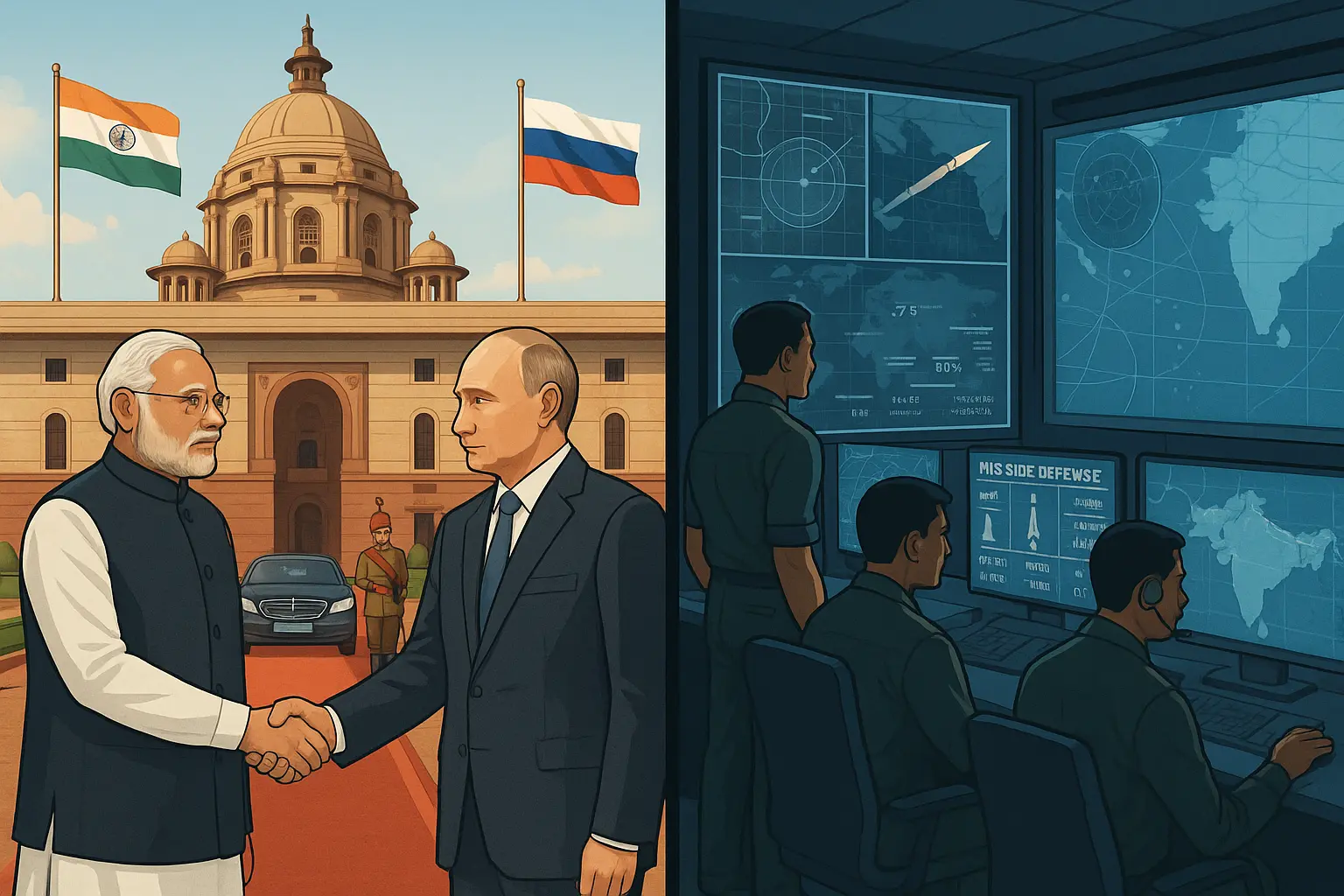
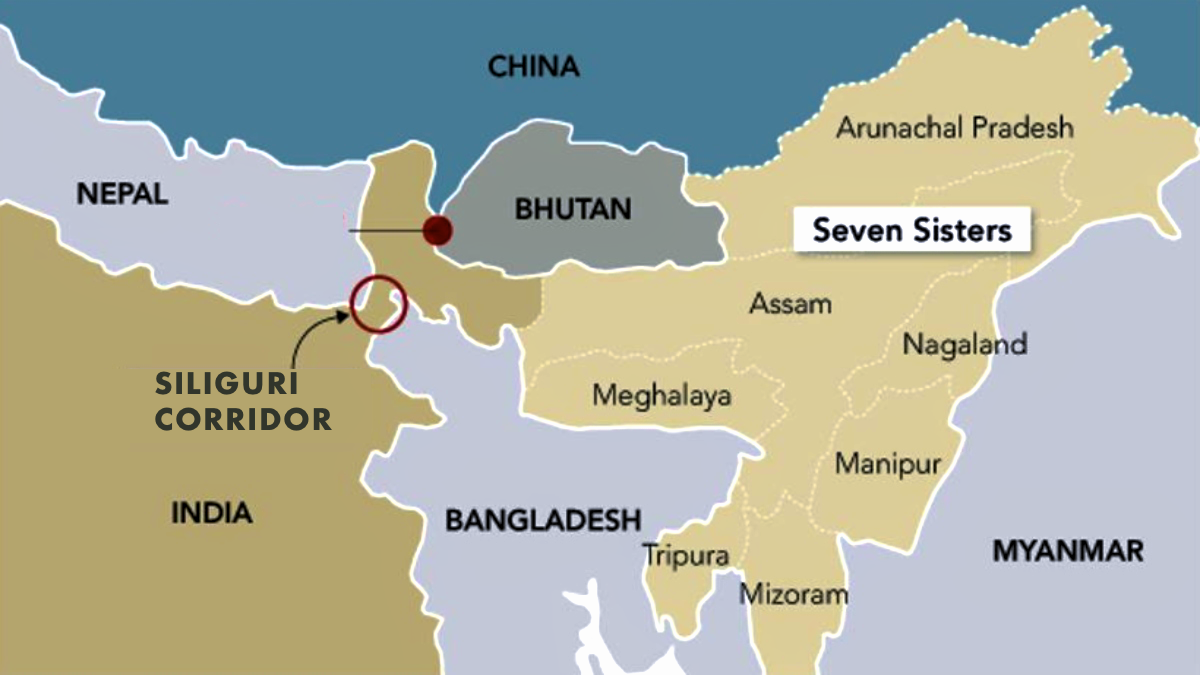
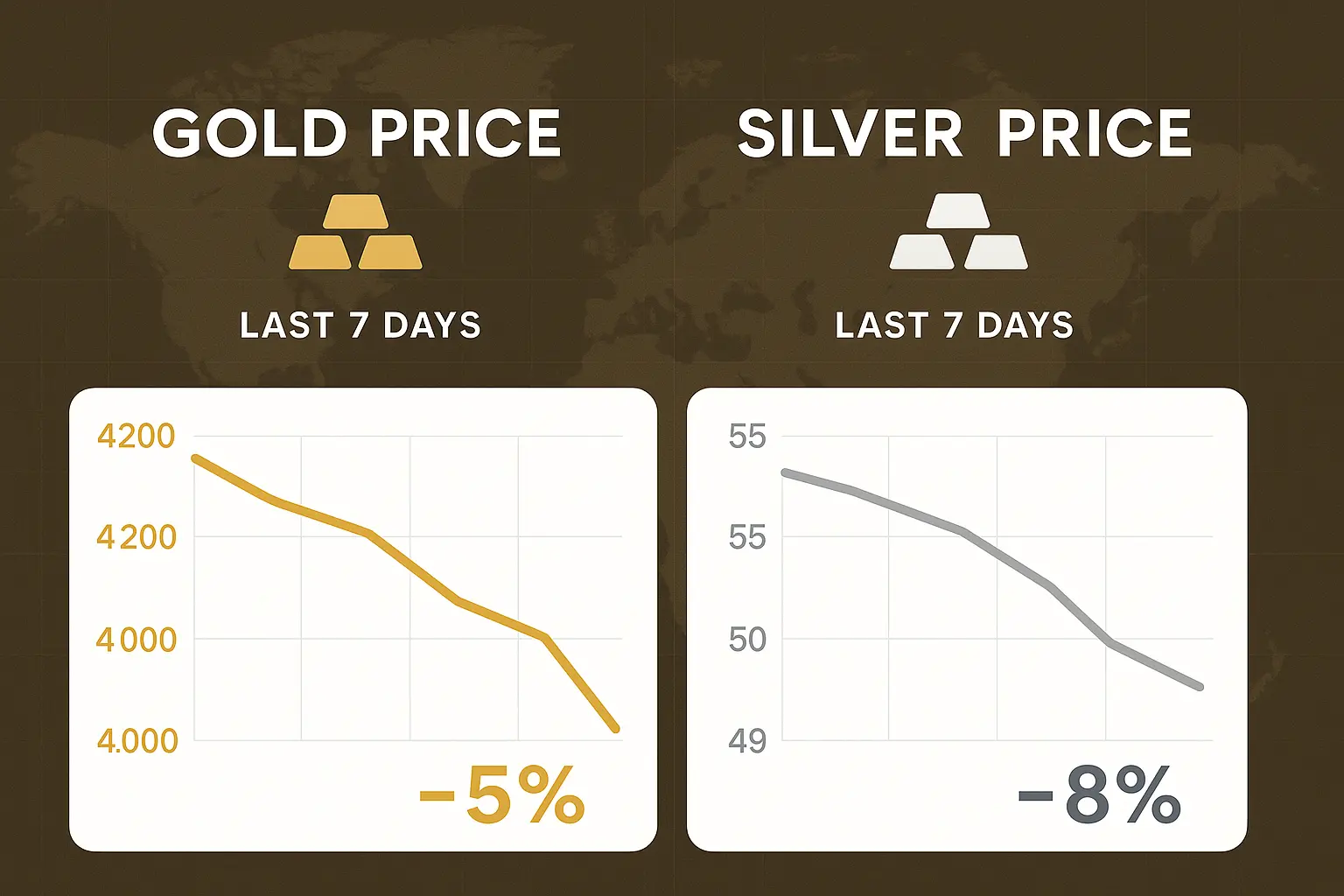

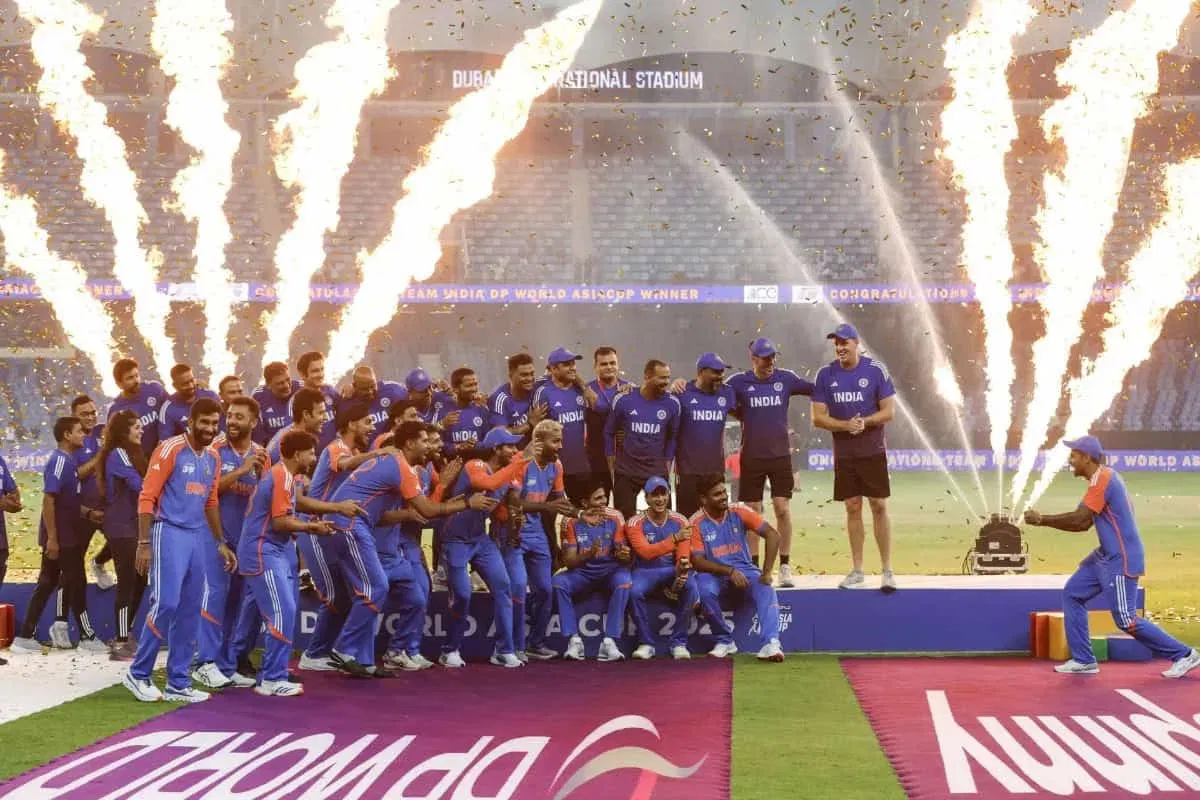
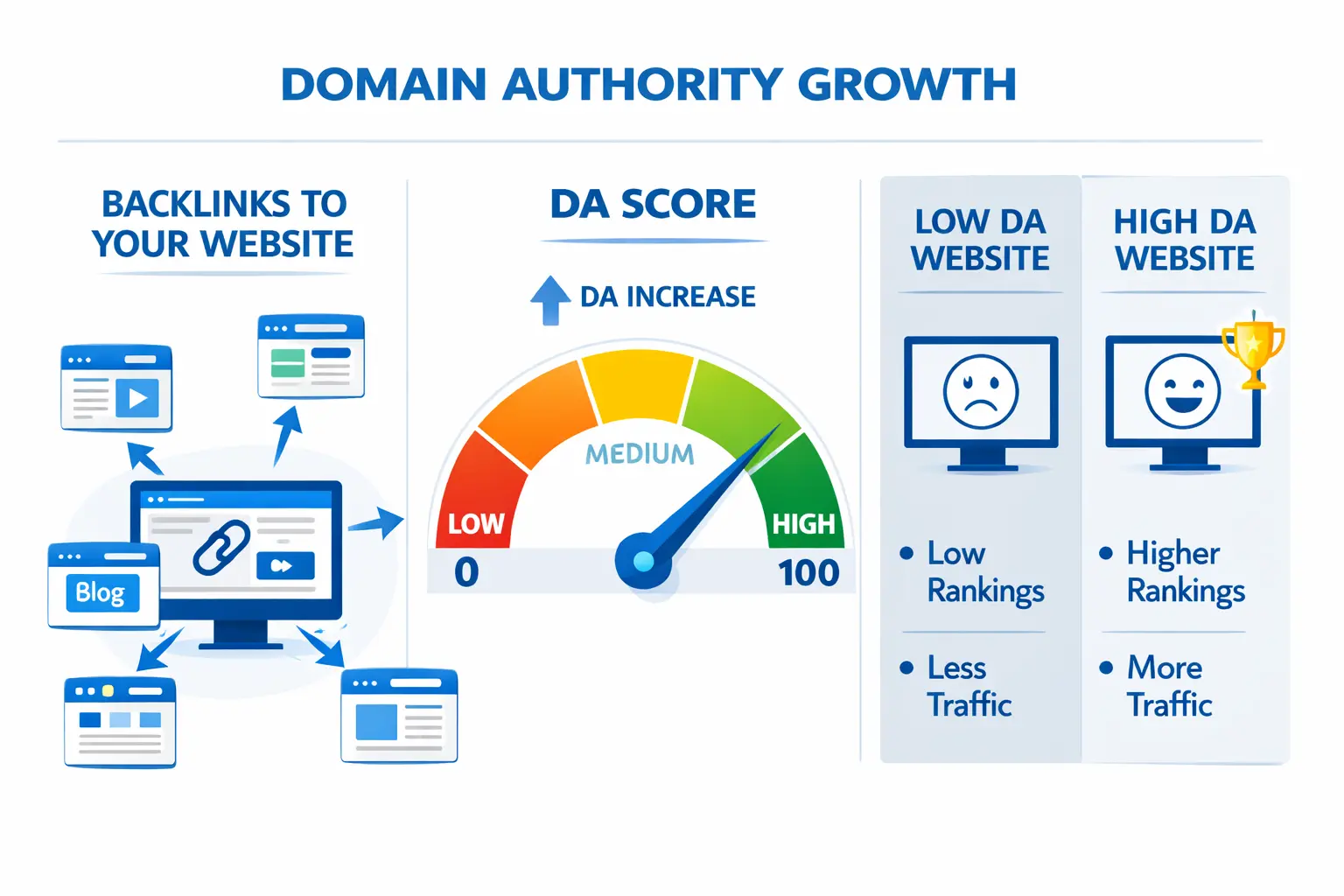


No comments yet. Be the first to comment!